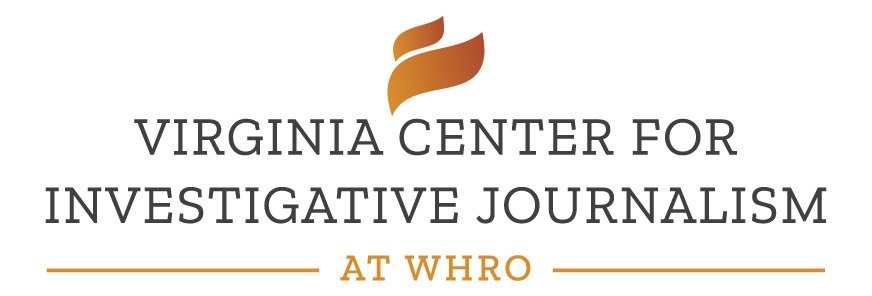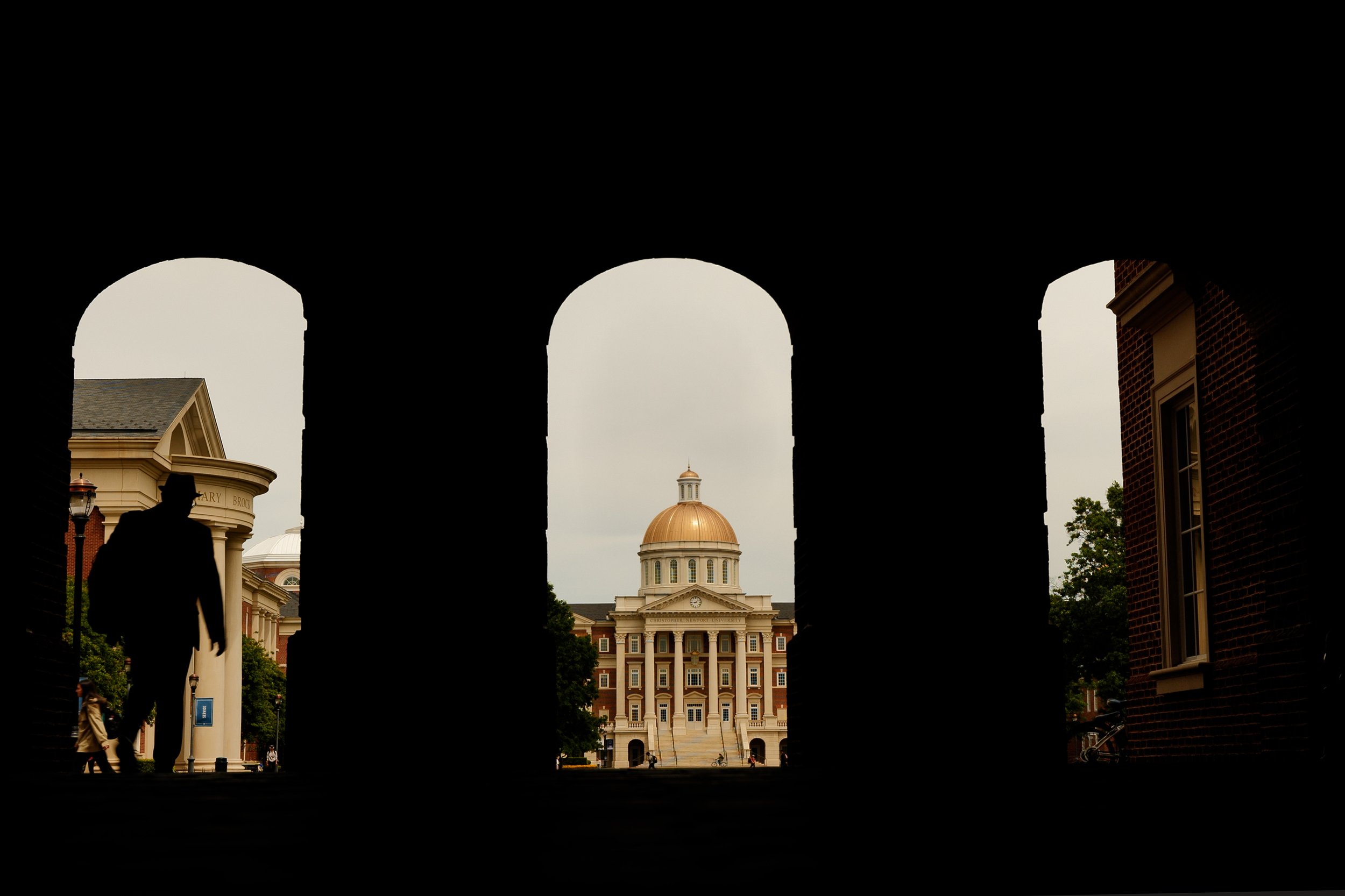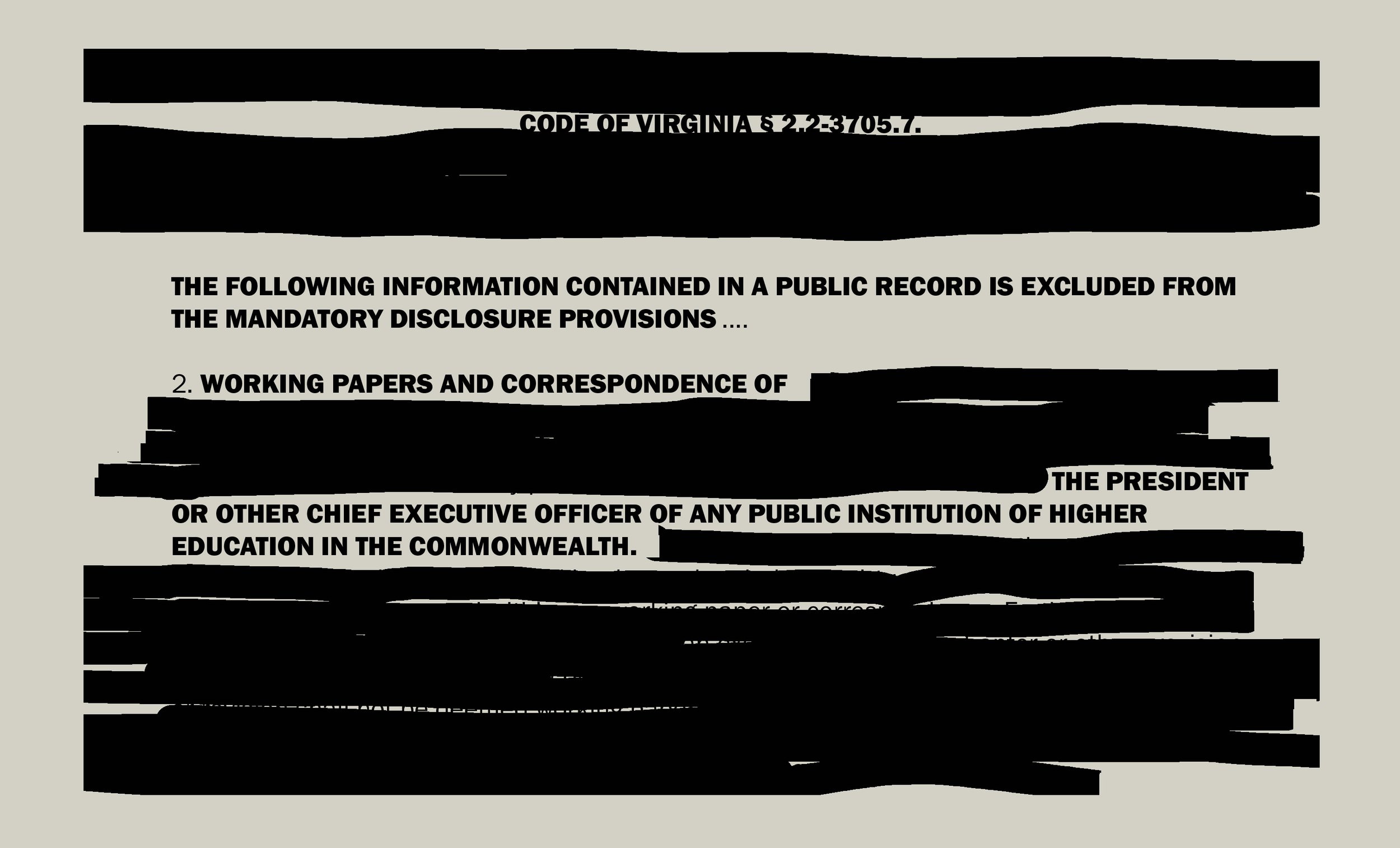The mother of Joshua Sikes, 11, claims her son was injured in a classroom run by Southeastern Cooperative Educational Programs days before his death. A wrongful death suit seeks $150 million
Read moreA special education advisory committee wants Beach Schools to stop a controversial practice typically used on children with special needs
Read moreThe treatment of a fourth grader in a special education classroom prompts administrators to question tactics, policies following VCIJ at WHRO investigation.
Read moreJust half of Virginia’s public and private kindergarten classes reported a 95% vaccination rate – the key threshold for herd immunity – at the start of the 2024-25 school year, according to an analysis of state health data by the Virginia Center for Investigative Journalism at WHRO.
Read moreNearly half of the commonwealth’s public and private kindergarten classes fail to meet an important vaccination threshold, an analysis of state health data by the Virginia Center for Investigative Journalism at WHRO shows.
Read moreNo one knows what caused 11-year-old Josh Sikes to die last November. But his final moments in a Virginia Beach classroom have led to investigations and renewed questioning over techniques used by Southeastern Cooperative Educational Programs.
Read moreA new state commission will seek documentation on campus expansions from dozens of Virginia public colleges and universities.
Read moreSpurred by a VCIJ at WHRO and ProPublica investigation, the recently approved Virginia budget includes nearly $60,000 over the next two years for a commission to study the disruption public college and university expansions have had on Black communities.
Read moreThe groundbreaking commission, which was proposed in response to our “Uprooted” series, would consider compensation for dislodged property owners and their descendants. Whether Gov. Glenn Youngkin will sign the bill is unclear.
Read moreSpurred by our “Uprooted” series, a task force created by the city of Newport News and Christopher Newport University will reexamine decades of city and university records shedding light on a Black neighborhood’s destruction.
Read moreFollowing an investigation by the Virginia Center for Investigative Journalism at WHRO and ProPublica, Del. Delores McQuinn introduces bill for a commission to investigate the displacement of Black neighborhoods by Virginia’s public colleges and universities
Read moreBlack enrollment at Virginia’s Christopher Newport University fell by more than half under longtime president Paul Trible, a former Republican senator who wanted to “offer a private school experience.” By 2021, only 2.4% of full-time professors were Black.
Read moreIn response to our reporting, state Delegate Delores McQuinn said a task force could shed light on the impact of college expansion in Virginia. Officials are also calling for displaced families to receive redress, from scholarships to reparations.
Read moreA provision in state law exempts college presidents’ “working papers and correspondence” from disclosure even after they step down — as we found out when we asked about one ex-president’s role in campus expansions that uprooted a Black neighborhood.
Read moreSchools including Old Dominion and the flagship University of Virginia have expanded by dislodging Black families, sometimes by the threat or use of eminent domain.
Read moreSixty-plus years ago, the white leaders of Newport News, Virginia, seized the core of a thriving Black community to build a college. The school has been gobbling up the remaining houses ever since.
Read moreDespite historic changes in educational and economic opportunities, the share of U.S. physicians who are Black men has remained unchanged since 1940. Virginia medical schools are still struggling to attract talented young men – a key to building trust between healthcare providers and the Black community.
Read moreA year into the Covid pandemic, educators and lawmakers across Virginia are still grappling with how to provide a safe, stable and enriching in-person instruction for 1.2 million public school students. Some families worry about the long-term consequences caused by a year of spotty, virtual learning. Others feel safer to ride out the pandemic and school year at home, concerned whether schools can keep their children free from the virus.
Read moreIn 2016, the only age group to see an increase in the percentage of voters was youth aged 18-29. Still, this group lagged far behind all other age groups. Only 46.1% of eligible voters in this age demographic voted according to the US Census Bureau.
VCIJ asked a dozen first-time voters in a presidential election to share what is motivating them to vote in Virginia during this election cycle. They also share what issues they care about, how they get their information and why they feel voting is important.
Read moreEliana Nachman, 18, is a recent graduate of Hermitage High School in Henrico, VA, and has been accepted to Mary Washington University this fall, where classes start on Aug. 24.
The university initially planned a hybrid of online and in-person instruction to minimize the risk of spreading the coronavirus. But as infections grew, the university announced on Aug. 13 that classes would be entirely online until at least mid-September.
The pandemic has upended a year full of promise for Nachman and her friends: “I was hoping it would kind of be all wrapped up by August. I guess I was just being naive.”
Read more
















